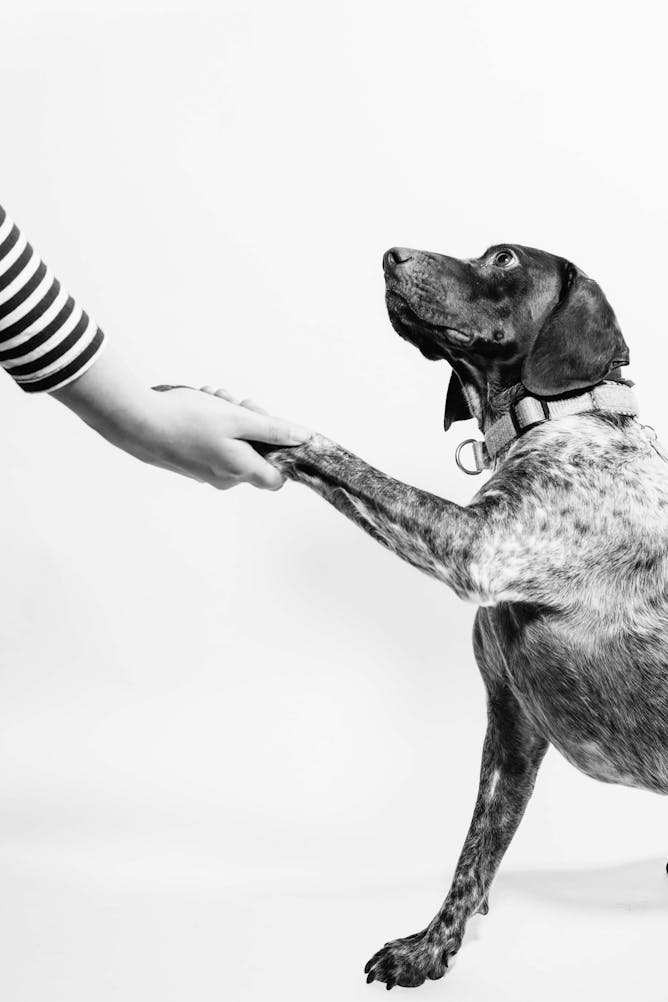|
Canada is expected to welcome thousands more Afghan refugees this year, just as we did almost 60,000 Syrians from 2015 to 2018 amid the civil war in Syria. According to Immigration, Refugees and Citizenship Canada, more than half of all refugees who arrive in Canada are under the age of 18 — and that's likely the case for the Afghan newcomers, too.
Today in The Conversation Canada, Emily Pelley of Canadian Forces College delves into her research on how small urban centres — Halifax, specifically — ensured young Syrian newcomers were provided the support and services they needed when they arrived in Canada. As Pelley writes: “These young people are a unique part of the newcomer population, and understanding their needs can help communities become more effective in supporting them.” Providing them the tools and resources to build resilience is key to their success, she says, and must be a priority when
communities welcome young Afghan refugees.
Also today:
All the best,
|

A Syrian-Canadian family poses outside their home in Peterborough, Ont., in December 2021. They were among thousands of Syrian refugees resettled in Canada by April 2017 under a program introduced by the Liberal government in 2015 — and now thousands of Afghan refugees are arriving in Canada, many of them under the age of 18.
THE CANADIAN PRESS/Fred Thornhill
Emily Pelley, Canadian Forces College
As Canada welcomes refugees from Afghanistan, we must take moment to learn from the past. Communities across Canada need to be asking how they can be supporting young refugees in their integration.
|

Donald Trump perpetuated the ‘birther’ movement for years.
(Shutterstock)
David Guignion, Western University
We need to interrogate how evidence might be used to do more than describe a conspiracy; it might work to maintain a certain status quo — in this case, anti-Black racism.
|

Dogs can understand a range of human words.
(Fabuan Gieske)
Sophie Jacques, Dalhousie University
For humans, there is a link between the development of language and cognitive skills. Studying the same process in dogs can be used to determine their capabilities at the puppy stage.
|

A furry friend, Goodyear the dog, makes a safe human home in the post-apocalyptic ‘Finch.’
(Apple TV+)
Michael Cameron, Dalhousie University
‘Finch’ can be seen in a larger tradition of science fiction that explores the nature of being human through the human-dog relationship.
|

Cassandra J. Lowe, Western University
L’exercice réalisé sur une base régulière permet d’améliorer les processus cognitifs, permettant notamment de réguler la consommation de malbouffe et de réduire le stress.
|
Politics
|
-
Keith Parry, Bournemouth University
Australia’s decision to revoke Novak Djokovic’s visa is likely to have implications for worldwide sports teams.
|
|
COVID-19
|
-
Adrian Esterman, University of South Australia
We’d all like some answers. But uncertainty over how we count COVID cases is complicating the picture. Here’s what to expect in the days and weeks ahead.
|
|
Business + Economy
|
-
Rabindra Ratan, Michigan State University; Dar Meshi, Michigan State University
For the metaverse to work, people need to own their virtual bodies and possessions and be able to spend money. The same cryptographic technology behind bitcoin will make that possible.
|
|